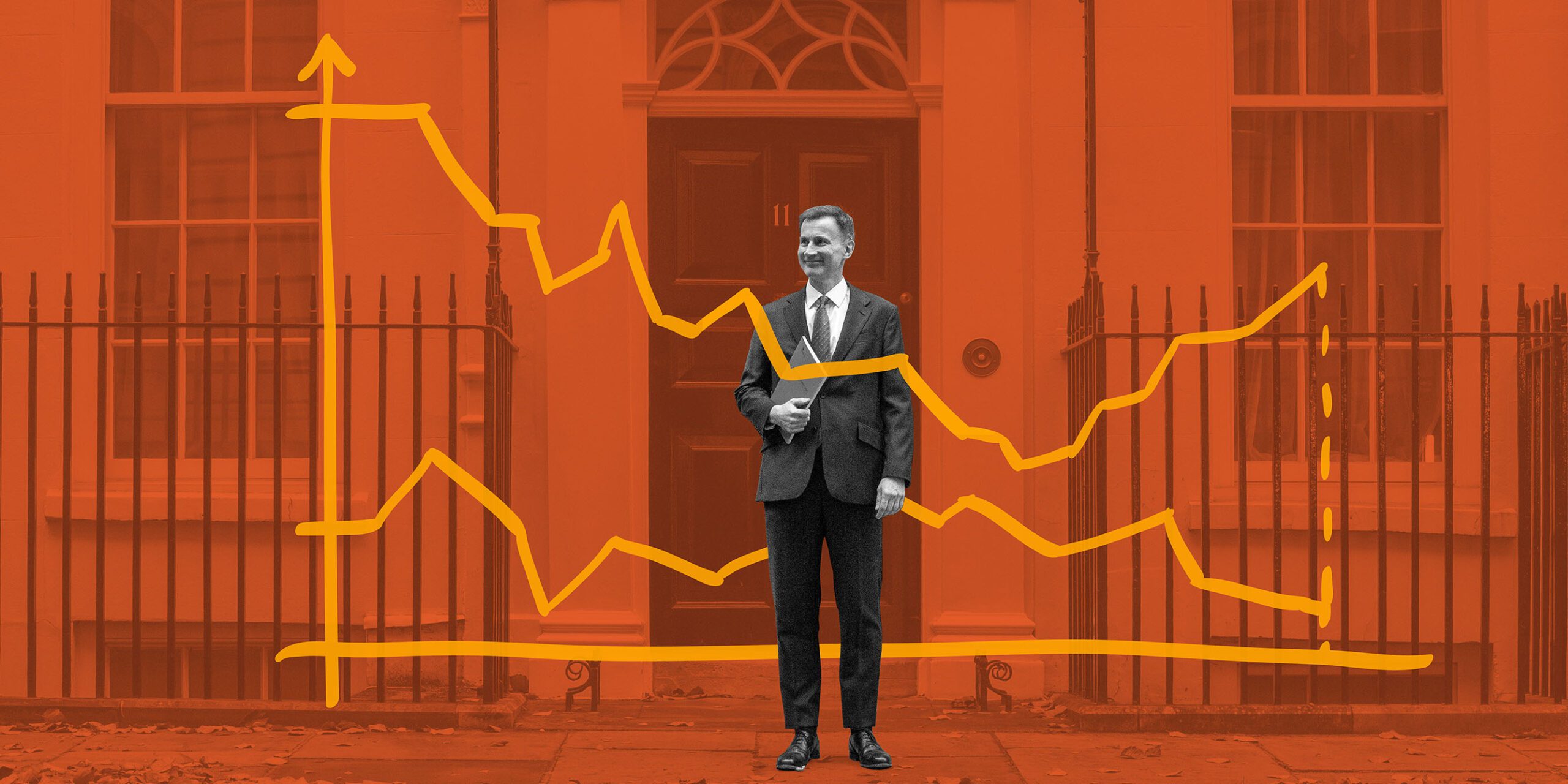
Tax, tax, tax: Hunt’s Autumn Statement was a tax give-away aimed at driving growth
Yesterday’s Autumn Statement marked the penultimate fiscal event ahead of the next General Election; a clear opportunity for Chancellor Jeremy Hunt to tell the House, and indeed the country, that the economy has “turned a corner” in order to turn the tide on the government’s ballot box prospects.
His approach and announcements were clearly aimed at shoring up support across party factions and appealing to the broadest spread of voters, whilst maintaining the traditional focus on balancing the books.
However, with the Conservative Party still behind in the polls and a tough battle ahead to win the hearts and minds of the electorate, the question remains whether Hunt has gone far enough to impact change in a Statement which has been heralded as “sensible, but underwhelming”.
Here are WA’s five key takeaways from yesterday’s speech:
Balancing the party politics
Hunt’s 110 fiscal measures and focus on the Conservative Party’s success in halving inflation were met with cheers from the backbenchers. The politics of the speech were as much about internal party management as they were about external ratings and Hunt notably applauded the effective representations made by backbench MPs in marginal seats such as Bolsover, Wrexham, Clwyd South, and Keighley. It will become clearer over the coming weeks if this has been enough to unite the party’s right with the mainstream, or if more needs to be done in the months to come to create a unified front for the election.
Tax, tax, tax
Hunt’s heavily pre-briefed “rabbit out of the hat” moment was a headline announcement of a 2% reduction in National Insurance contributions, one of many changes rumoured for inclusion in the run-up. It forms part of a series of tax cuts and “cost of living” measures which are clearly aimed at bolstering household and business finances – including an increase to the National Living Wage to £11.44 per hour in April, a freeze for the small business multiplier, an extension of the Retail, Hospitality and Leisure (RHL) relief, and most notably the permanent introduction of the super deduction for large businesses that was first announced in 2021.
Speculation is already mounting that further tax announcements will follow in a pre-election ‘give-away’ in the Spring Budget, and Hunt was clear that the government’s plan will have an immediate real-term impact, but the job is not complete.
Growth and investment at the centre of Hunt’s plan
Hunt’s statement set a clear direction for the immediate future of the UK’s infrastructure, R&D and life sciences sectors. To drive forward innovation and boost productivity, the government is making changes to simplify and improve R&D tax reliefs, and £4.5bn has been allocated to unlock investment in strategic manufacturing sectors including automotive, aerospace, life sciences and clean energy, changes welcomed across sectors.
Planning reforms to speed up approval processes for electricity networks also made the cut, reflecting Hunt’s previous focus on improving connectivity to the grid. However, with investor confidence shaken by recent announcements of a more “practical and pragmatic” approach to the net zero transition, these measures will need to go some way in giving the private sector the visibility it needs to release investment.
Public sector finances: a trap for Labour?
Notably, there were no big announcements on the departmental funding settlements or stipends for local government. So, whilst measures on wages and national insurance will nominally increase public sector worker incomes, there is a question mark over the future spending available to the public sector.
Politics were at play here too, with Hunt boasting that his party hadn’t buckled to the full demands of unions and spoke of boosting productivity through efficiency reforms via the first ever NHS Long Term Workforce Plan. For Labour, who have also vowed to balance the books on public spending but have close longstanding ties to the country’s unions, this presents an immediate challenge to address in Reeves’ first Budget should they win at the next election.
Regardless, a comprehensive spending review will be needed in Autumn 2024 regardless of general election timings, so Hunt may have just pushed the problem further down the line.
Labour’s response: too little, too late
Fiscal statements are said to be fun for the Opposition, but only when the party opposite is delivering bad news. Today’s statement, which included an array of eye-catching pre-election commitments, intended to create dividing lines with Labour, meant that Shadow Chancellor Rachel Reeves was left with limited room for manoeuvre.
Choosing an economic route, Reeves focused heavily on the “fiscal drag” effect driven by frozen tax thresholds and questioned the real long-term impact of Hunt’s announcements. She also argued that households will hardly feel the benefit of National Insurance cuts, in light of recent council tax increases which have left millions out of pocket. The overarching message: too little, too late to win over voters.
She too is looking ahead to the next election, reassuring Labour MPs that voters will be asking themselves as they reach the ballot box “what has the government done for my family and I in 13 years and are we better off?”. Reeves and her team are already in planning mode for a Labour move to No.11, one where quick fix fiscal changes will be needed to demonstrate immediate impact for households and businesses.
The government will be hoping that today’s package of announcements is enough to also beg the question “what could the government do for me in another five years’ time?” Voting intention polls will give an early indication of this, but time is narrowing for the Conservatives, who now only have one major event left in the form of the Spring Budget before they face the electorate.